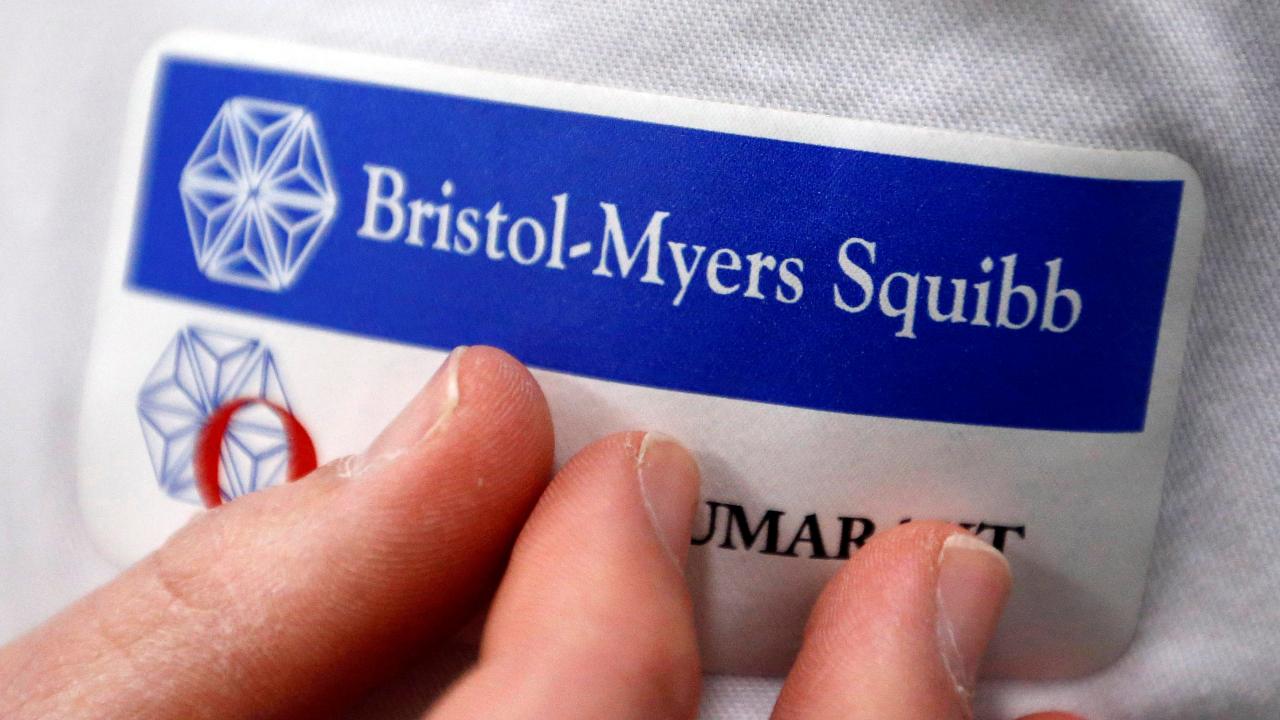Bristol-Myers intensifies efforts to salvage $91B Celgene deal
Bristol-Myers Squibb is going on the offensive to try to salvage a $91 billion merger with Celgene after two key investors last week came out against the largest biopharma deal in history, raising questions of whether other shareholders would soon follow suit.
The New York City-based firm on Wednesday argued that it had done ample due diligence in reviewing Celgene’s existing and future drug portfolios, as well as other potential deals that proved not as attractive. Roughly 25 senior executives spent six months analyzing Celgene’s ongoing business and the firm's experimental treatments that have yet to obtain federal approval, including confidential clinical data.
In a letter to shareholders, Bristol-Myers maintained that its offer would drive long-term growth for investors and pushed back against claims from opponents that the company has routinely underperformed.
“The Bristol-Myers Squibb team has generated a track-record of strong operating and financial results over the last five years and is well positioned to lead the integration of the two complementary organizations,” the board of directors wrote.
Last week, Starboard Value and Wellington Group both announced their opposition to the deal, claiming that Bristol-Myers is asking investors to shoulder too much burden in the merger and paying too high of cost for a company that will soon lose exclusivity on Revlimid, Celgene's most lucractive drug.
The multiple myeloma treatment earned the Summit, New Jersey-based firm $9.7 billion in sales in 2018, more than 60 percent of its total revenue for the year. Efforts to prevent generic competition -- including withholding the necessary reference samples to create a cheaper version -- have spurred a number of different lawsuits.
| Ticker | Security | Last | Change | Change % |
|---|---|---|---|---|
| CELG | NO DATA AVAILABLE | - | - | - |
| BMY | BRISTOL MYERS SQUIBB CO. | 60.77 | -1.22 | -1.97% |
“Bristol-Myers is knowingly acquiring a massive patent cliff with significant deal value concentrated in the net present value of the cash flows from one product,” Starboard wrote in a recent letter. “Were shareholders to approve the transaction, this impending patent cliff will continue to be a massive overhang on Bristol-Myers shares.”
The company said it held “extensive discussions with Celgene regarding the ongoing litigations and potential outcomes,” which allowed it “to develop a fully informed forecast for Revlimid.”
The drugmaker argued the deal would create an oncology powerhouse with a slew of products that net over $1 billion in annual sales, but also bolster other treatment portfolios and diversify the firm’s revenue in the coming years.
“We have reviewed multiple alternative transactions and none of them, individually or as a group, was nearly as strategically and financially compelling as Celgene,” the directors wrote.
CLICK HERE TO GET THE FOX BUSINESS APP
Upon acquiring Celgene, Bristol-Myers would take over five late-stage drugs, as well as 22 treatments still in the early, experimental stages.




















